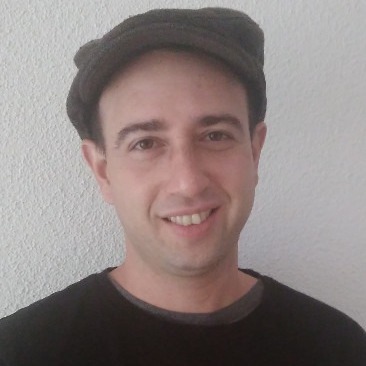Bisq-y Business: The DAO of Bisq
The Bitcoin Wednesday conference held on 6 February, 2019 featured this outstanding presentation by Bisq core developer, Eyal Ron, about the relative risks and rewards for users and developers of decentralized exchanges like Bisq, which is one of the world’s first. Eyal is a key contributor to Bisq and has helped architect the Bisq DAO, the decentralized autonomous organization scheduled for launch later in 2019. During his talk he revealed some of the lessons he learned from recent experiences that might — or might not — allow such exchanges to operate legally in many jurisdictions.
Eyal writes:
I notice when I tell them it’s “peer-to-peer exchange” it confuses people. They think of a place where you go and buy and sell very quickly. They think of an operator. But Bisq is special because it is software. From the moment that you download the software we are out of the picture – the people who made the software. You’ve got a peer-to-peer network in which you communicate with other people who have downloaded the software… and that for me is a marketplace.
Early users of decentralized exchanges can expect to find great innovation without paperwork. The original promise of cryptocurrency and distributed ledger tech is governance of a common resource by a community of its users without the involvement of a centralized authority like a government or a bank. The common resource can be digital money or an open source project like a decentralized exchange, and many, if not all, aspects of governance of the project can be managed through a DAO, a decentralized autonomous organization, that operates automatically, without human intervention. The key idea behind decentralized exchanges is that its functions are triggered automatically so they cannot be controlled by a single entity, and therefore, in theory at least, would be more difficult to regulate.
Nevertheless, at the end of 2018 the American Securities and Exchange Commission SEC decided to hold a smart contract developer, Zachary Coburn, liable for nearly $400,000 in fines due to illegal trading activities at the decentralized EtherDelta Exchange. As a result of that action, the Electronic Frontier Foundation (EFF) wrote a letter to the SEC asking them to clarify, since “…publishing code is speech protected by the First Amendment, such an outcome would be unconstitutional, and would undermine important policy goals such as ensuring that innovation in blockchain and distributed
ledger technology can continue to flourish.”
Read Eyal Ron’s profile as well as that of Bisq Co-Founder Manfred Karrer who spoke at Bitcoin Wednesday on 4 May, 2016. If you’re interested in the issue of code as freedom of speech, you will definitely want to watch the presentation given on this topic by Phil Zimmermann, the creator of PGP.

